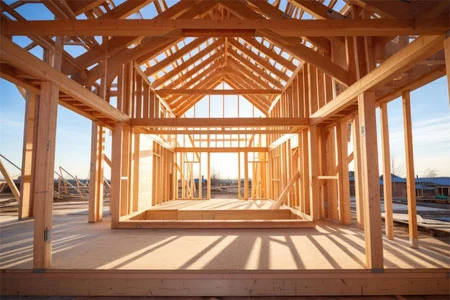Residential Structural Guide 2nd Edition
Credit: 10 PDH Hours
Course Fee: $150.00
Pages: 77
How it Work!
- Register first and log into your account. Study and take the quiz for FREE until passed.
- After passing the quiz, follow the page, pay for the course and print your certificate.
Course Summary:
Given that most homes in the United States are built with wood structural materials, the guide focuses on appropriate methods of design associated with wood for the above-grade portion of the structure. Concrete and masonry are generally assumed to be used for the below-grade portion of the structure, although preservative-treated wood may also be used. Other materials and systems using various innovative approaches are considered in abbreviated form, as appropriate. In some cases, innovative materials or systems can be used to address specific issues in the design and performance of homes.

Learning Objective:
It is hoped that this course will foster a better understanding among engineers, architects, building code officials, and home builders by clarifying the perception of homes as structural systems. As such, the guide should help structural designers perform their services more effectively and assist in integrating their skills with other professionals who contribute to the production of safe and affordable homes in the United States.
Course Content
Course Author: Franco F. Davati, P.E.
Review the quiz before studying the course.Certificate of completion of the course
This course comes with a multiple-choice quiz. You can view the quiz and take the quiz if you are logged in your account. You can take the quiz for this online PDH course as many times until passed. The passing grade is 70% and above. After you pass the quiz simply follow the page, to pay for the course and print your certificate instantly. A copy of the certificate and receipt for this course will always be in your account.Acrobat Reader is required to view this document. Click here to download a free copy of Acrobat Reader.
This online PDH course can also be used as a continuing education course for the following.

